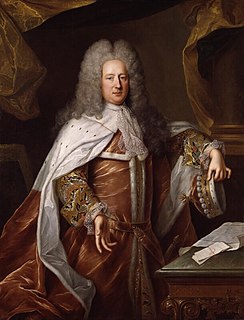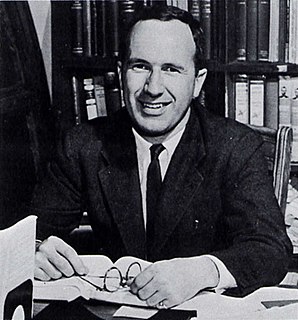A Quote by Khalil Gibran
Life without Liberty is like a body without spirit. Liberty without thought is like a disturbed spirit.
Related Quotes
Liberty lies in the hearts of men and women; when it dies there, no constitution, no law, no court can save it ... The spirit of liberty is the spirit which is not too sure that it is right; the spirit of liberty is the spirit which seeks to understand the minds of other men and women; the spirit of liberty is the spirit which weighs their interests alongside its own without bias.
Without the Holy Spirit, Christian discipleship would be inconceivable, even impossible. There can be no life without the life-giver, no understanding without the Spirit of truth, no fellowship without the unity of the Spirit, no Christlikeness of character apart from His fruit, and no effective witness without His power. As a body without breath is a corpse, so the church without the Spirit is dead.
There is not a truth to be gathered from history more certain, or more momentous, than this: that civil liberty cannot long be separated from religious liberty without danger, and ultimately without destruction to both. Wherever religious liberty exists, it will, first or last, bring in and establish political liberty.
Freedom cannot always continue in comfort and convenience, cannot be assured without sacrifice, without truth and decency, without willingness to work, without downright honesty and honor, and readiness to keep the commandments and live within the law...there is no liberty without a real respect for law; no liberty if we forget God, or fail to remember the principles on which freedom is founded.
Liberty without discipline cannot survive. Without order and authority in the spirit of man the free way of life leads through weakness, disorganization, self-indulgence, and moral indifference to the destruction of freedom itself. The tragic ordeal through which the Western world is passing was prepared in the long period of easy liberty during which men forgot the elementary truths of human existence. They forgot that their freedom was achieved by heroic sacrifice.
Local assemblies of the people constitute the strength of free nations. Municipal institutions are to liberty what primary schools are to science: they bring it within the people's reach, and teach them how to use and enjoy it. A nation may establish a system of free government, but without the spirit of municipal institutions it cannot have the spirit of liberty.



































